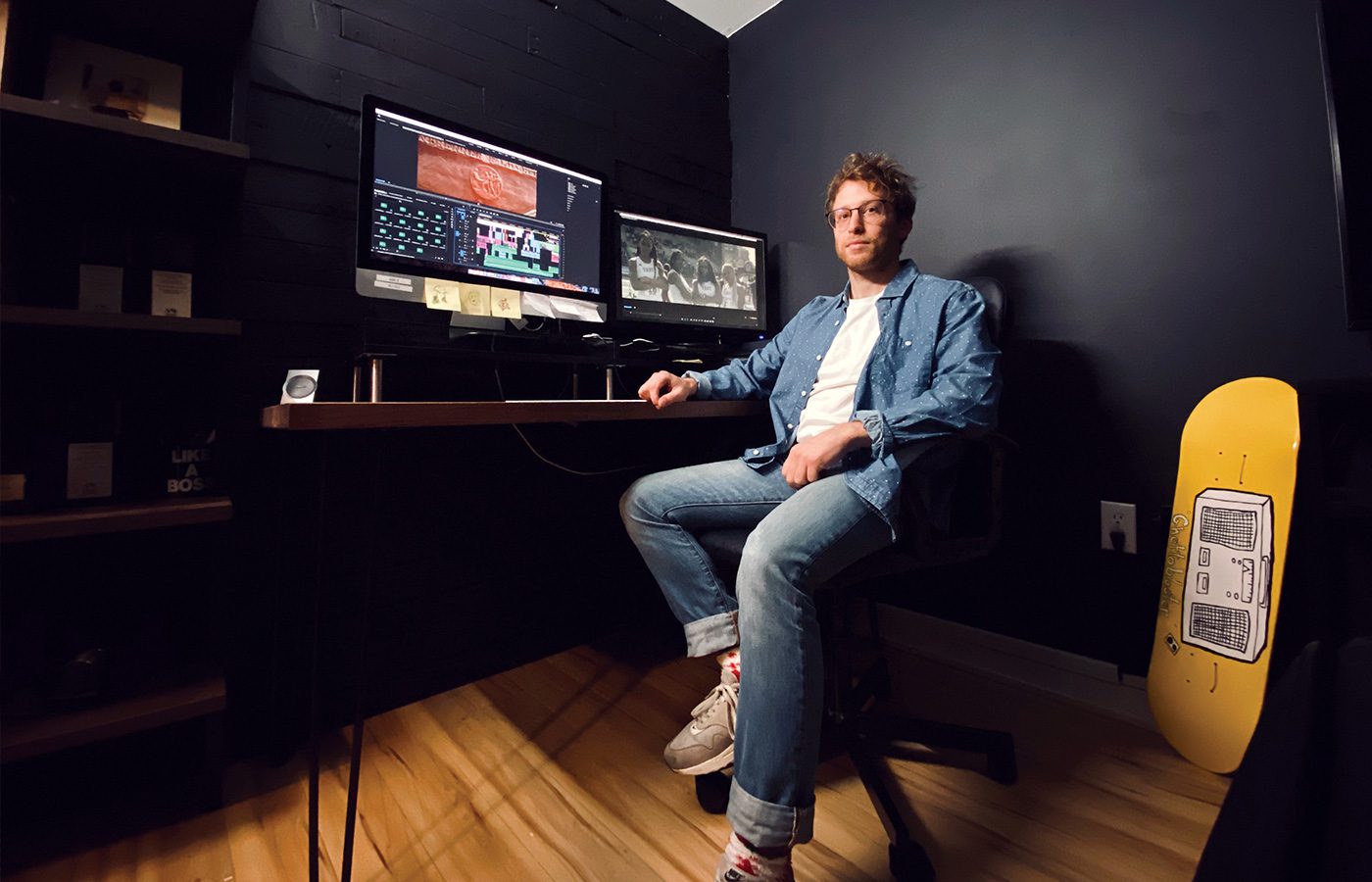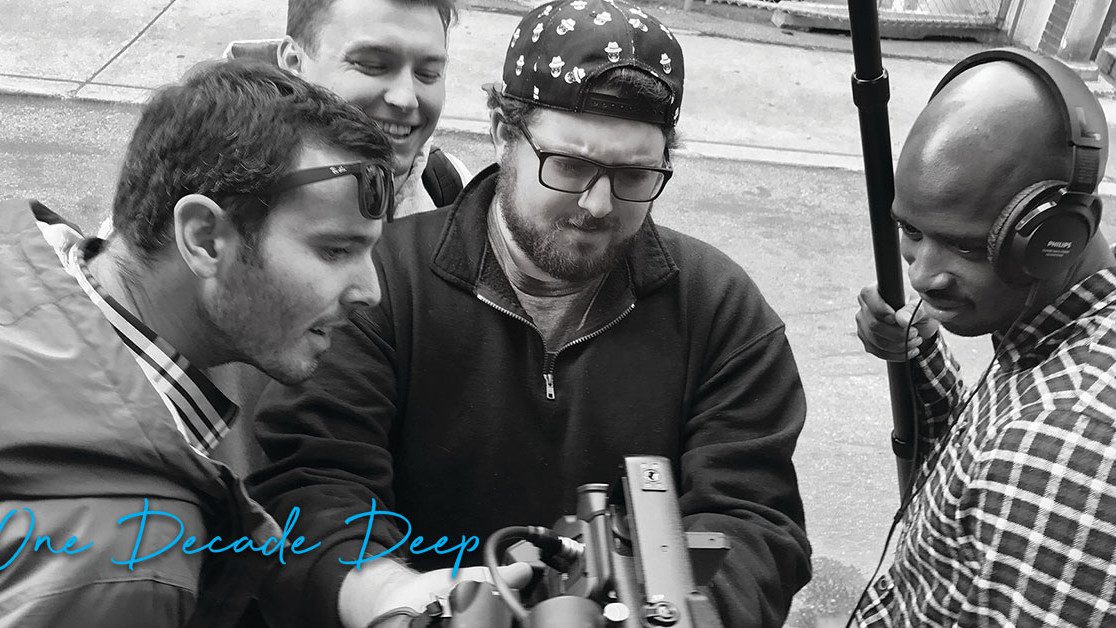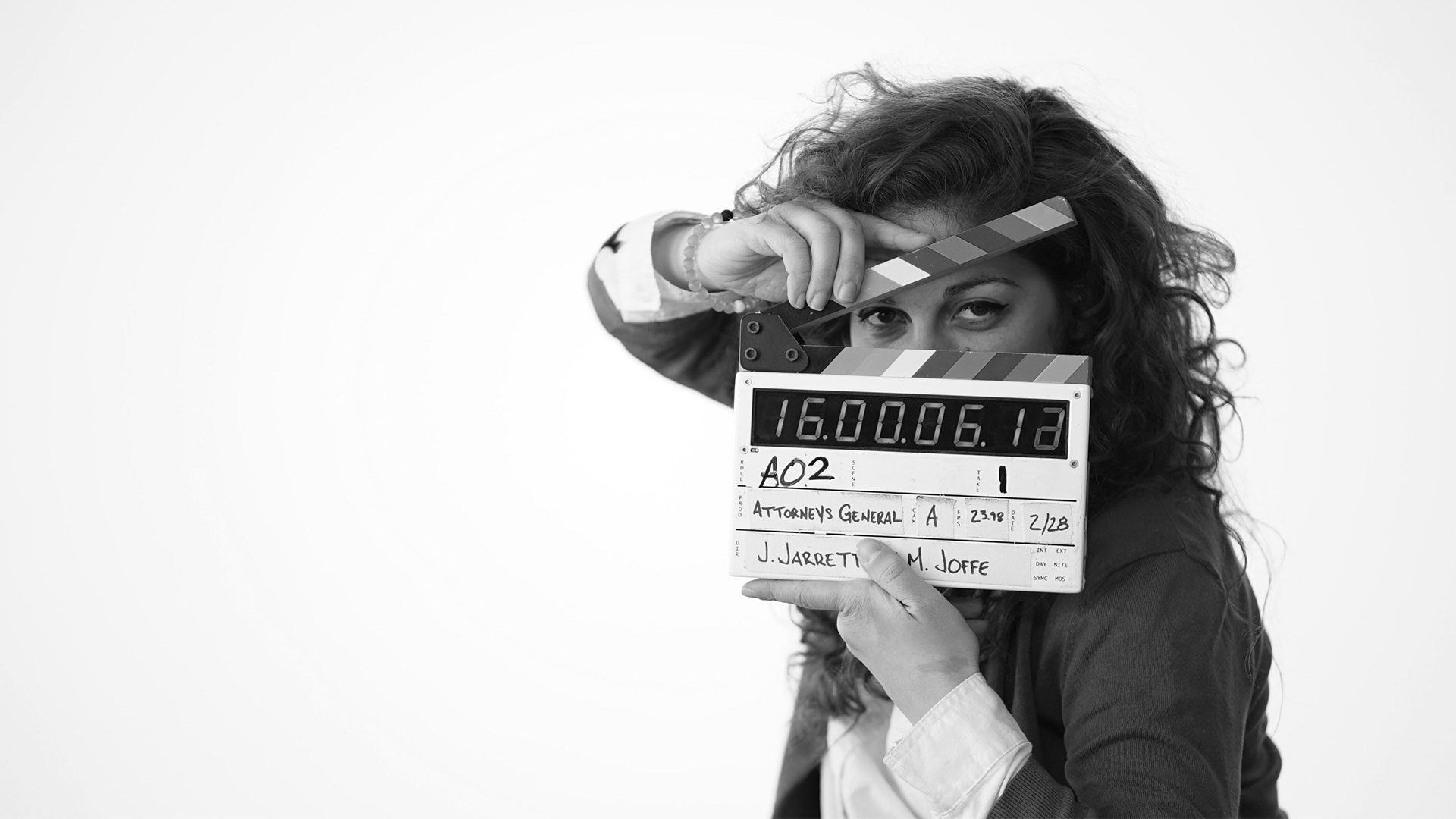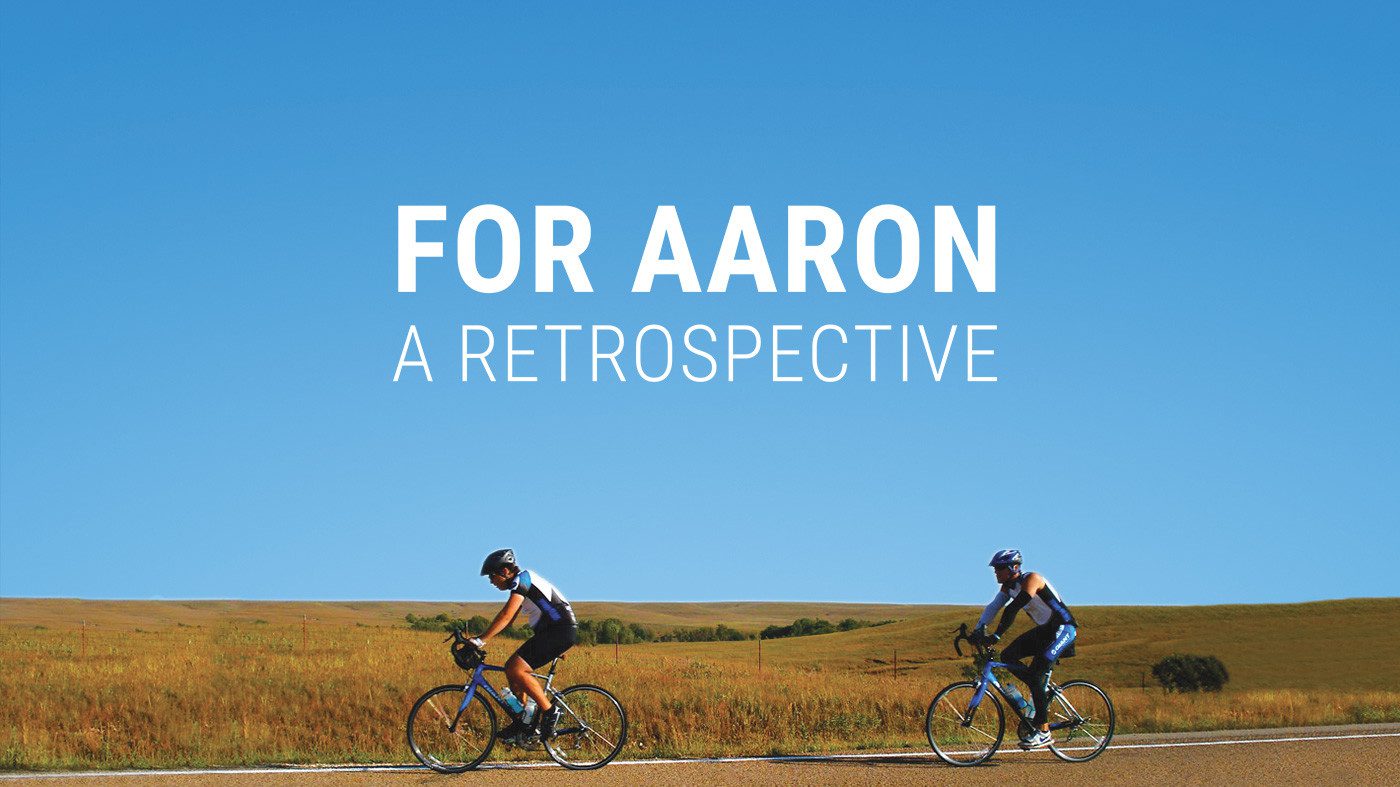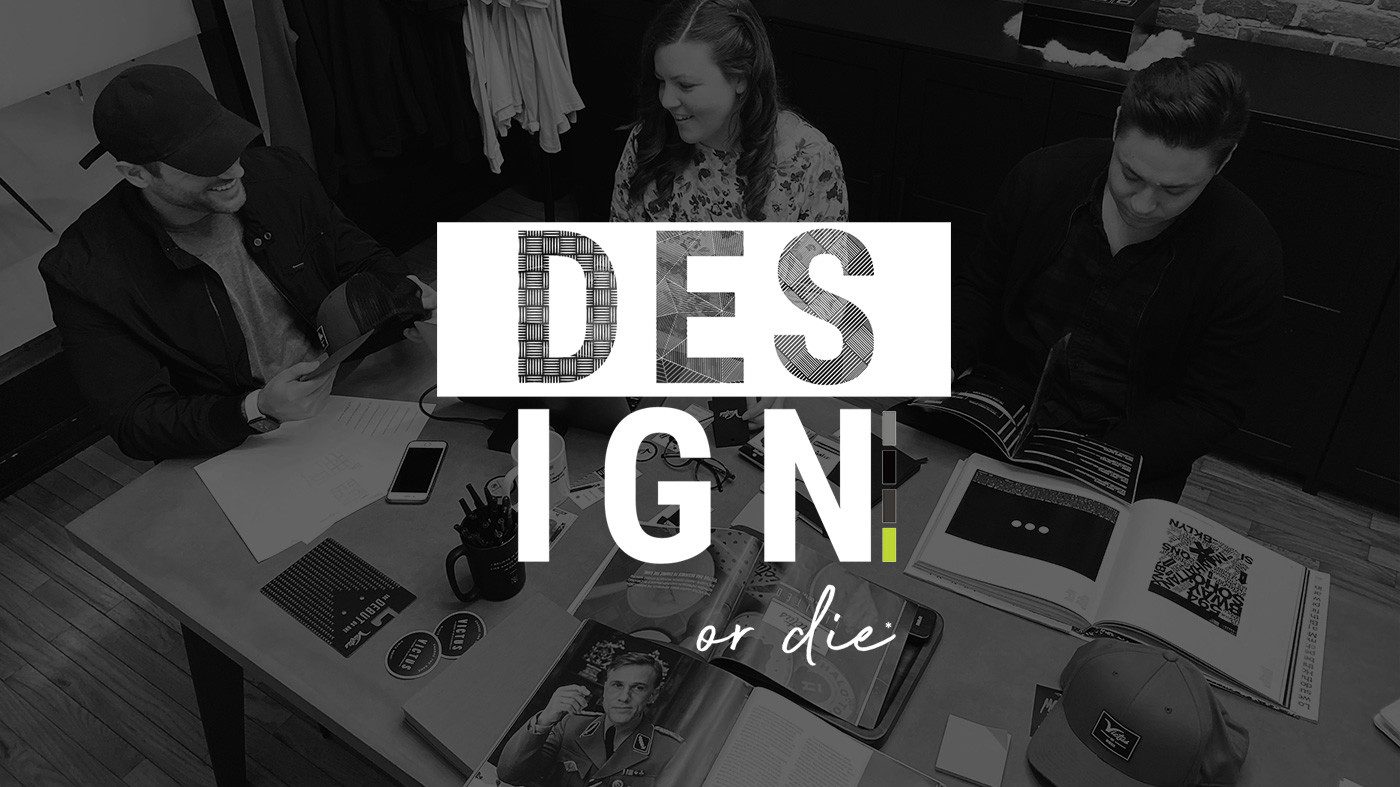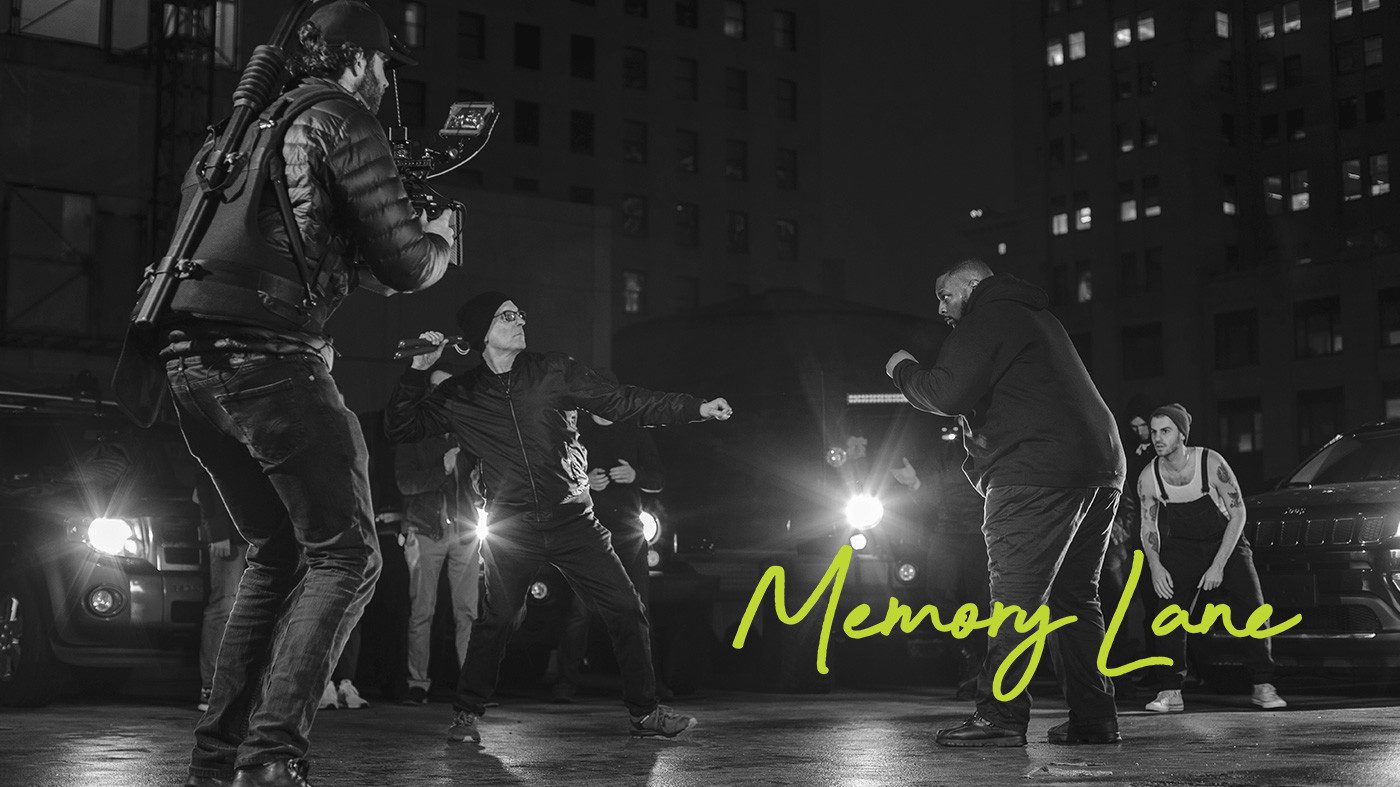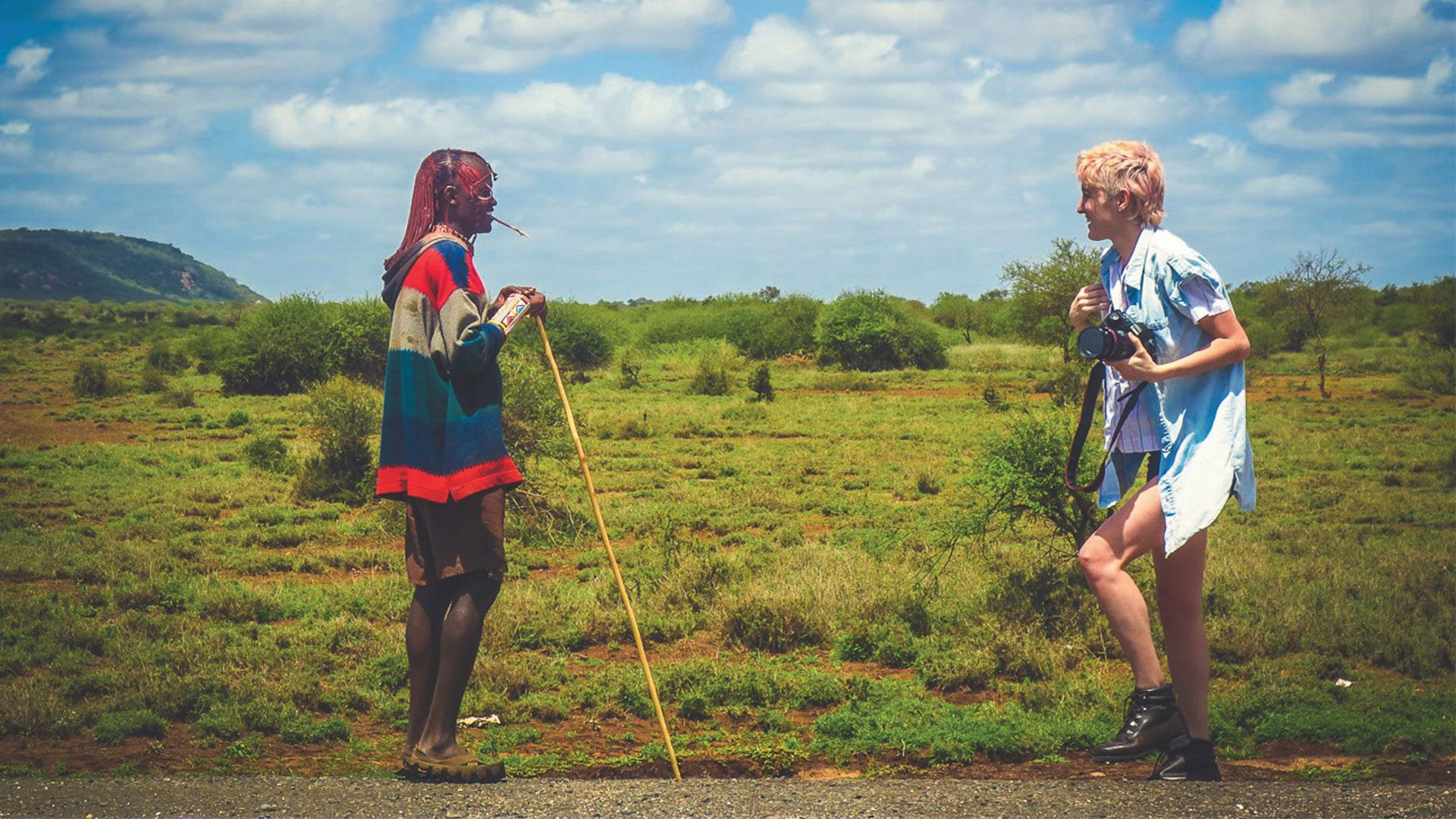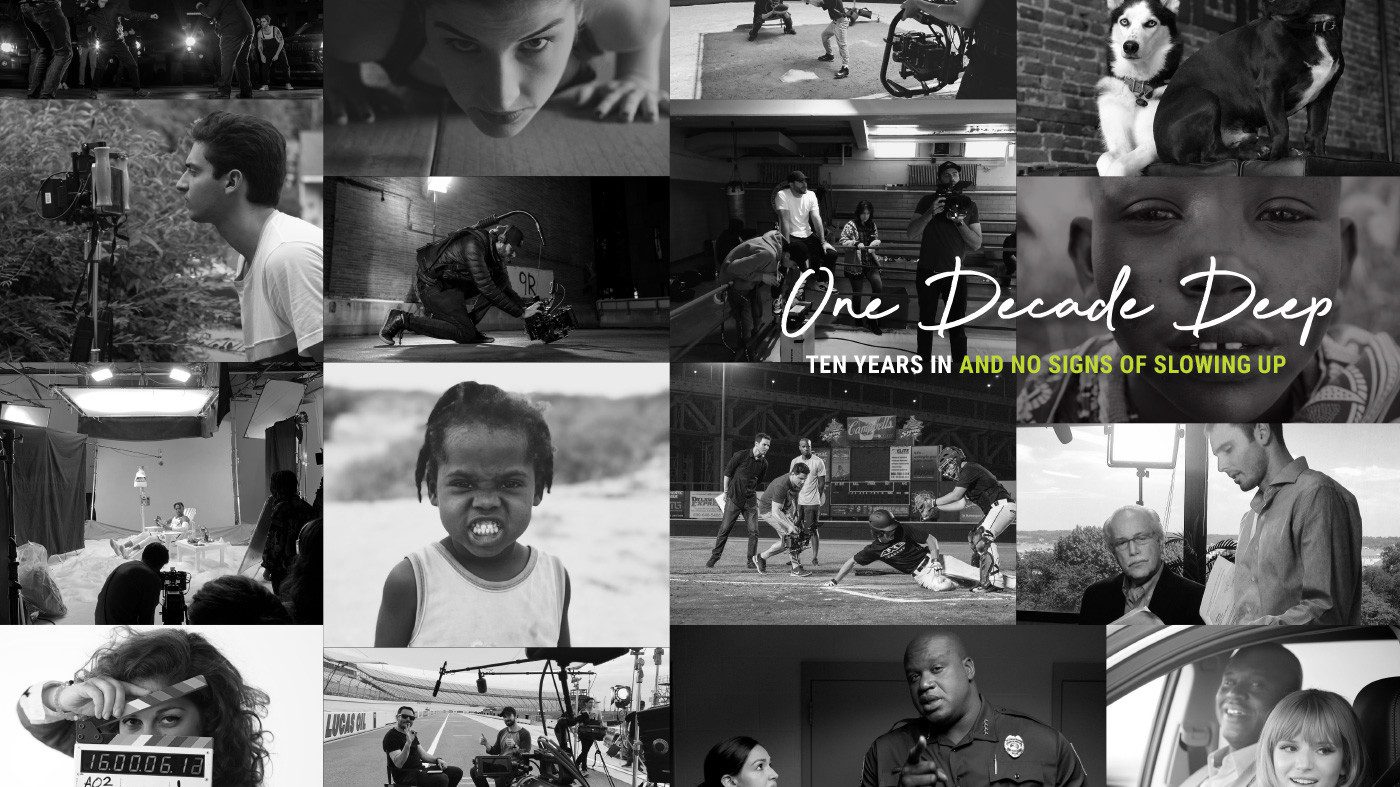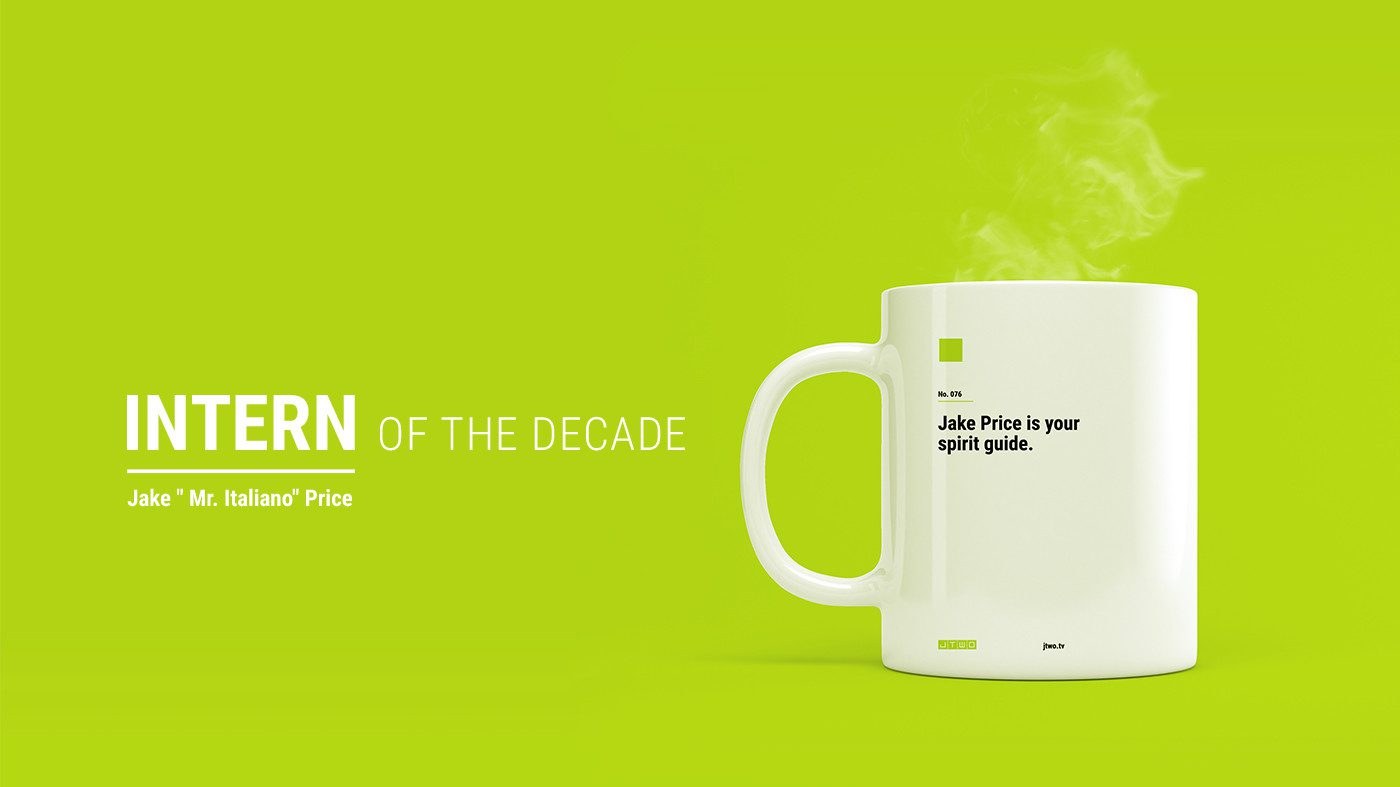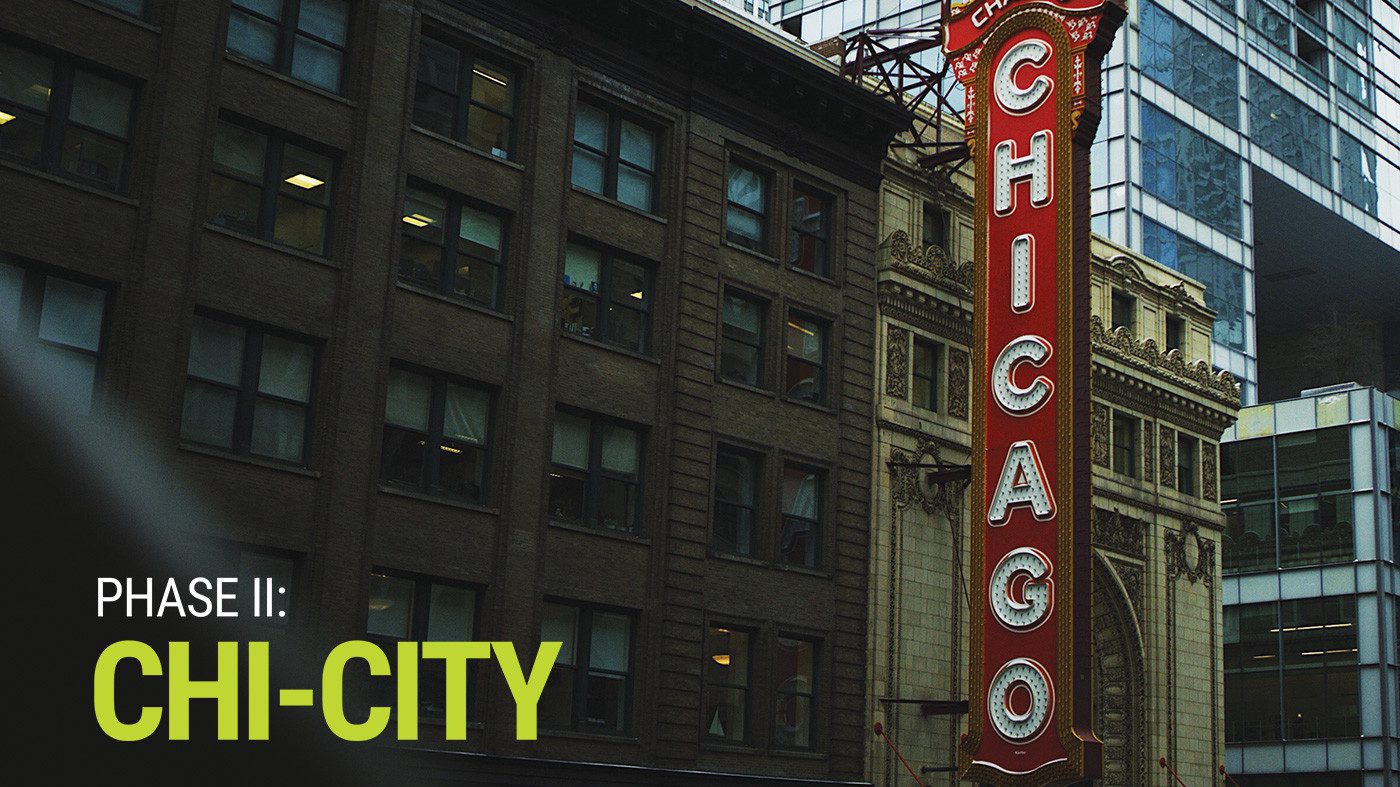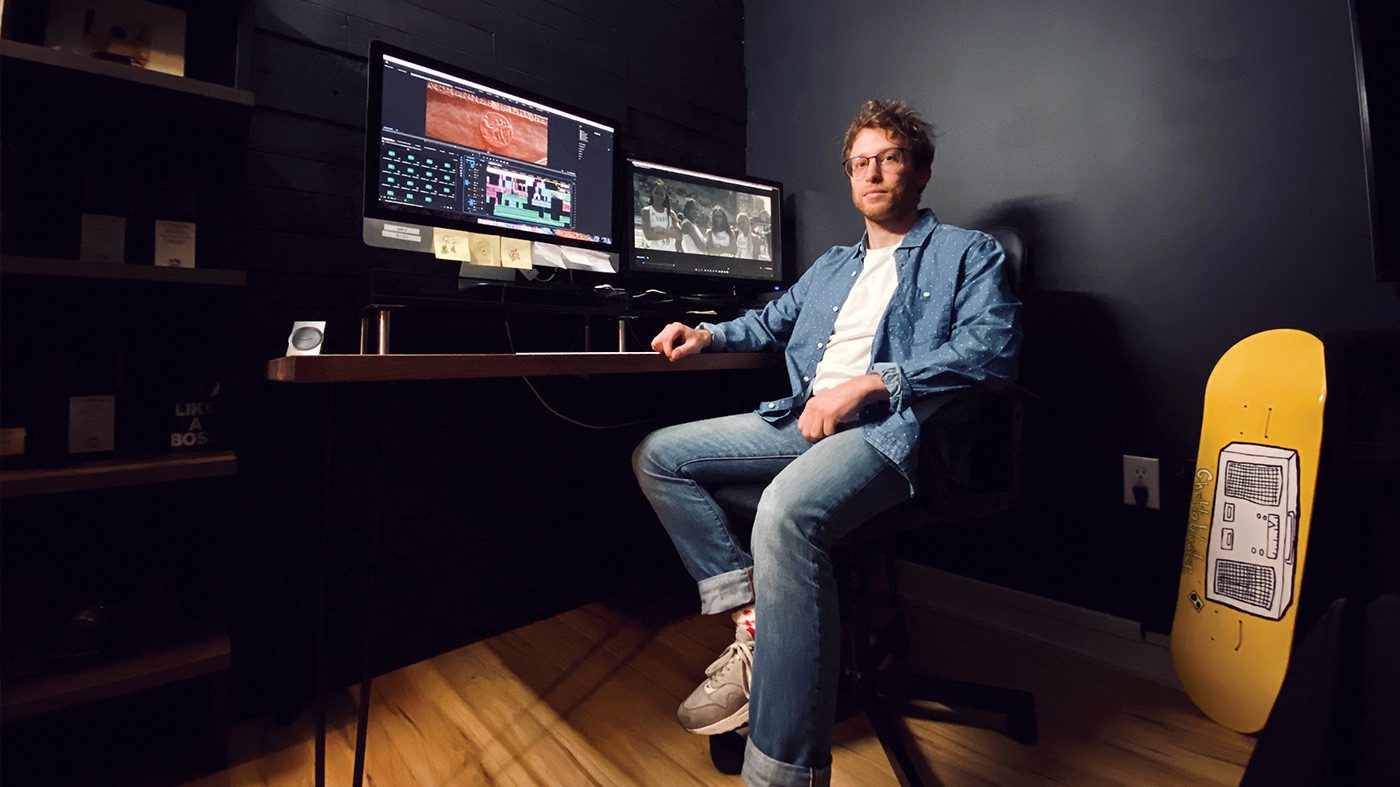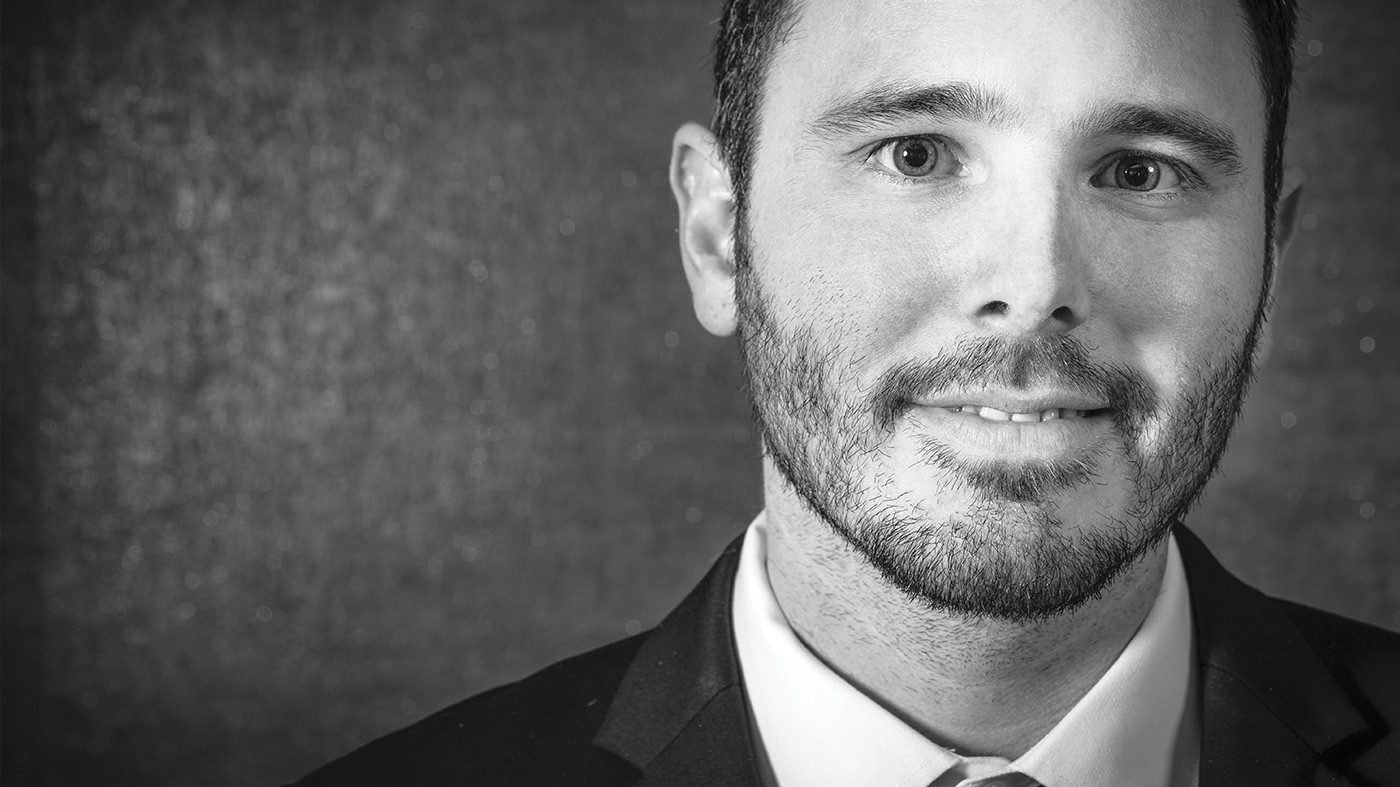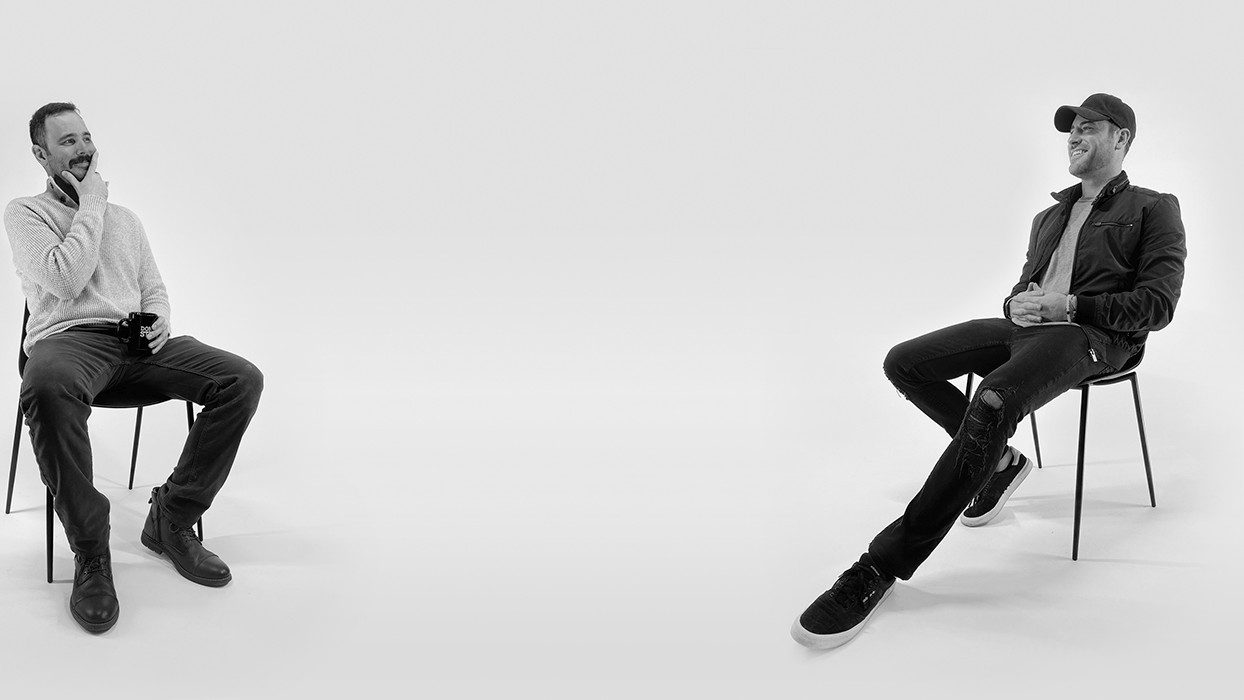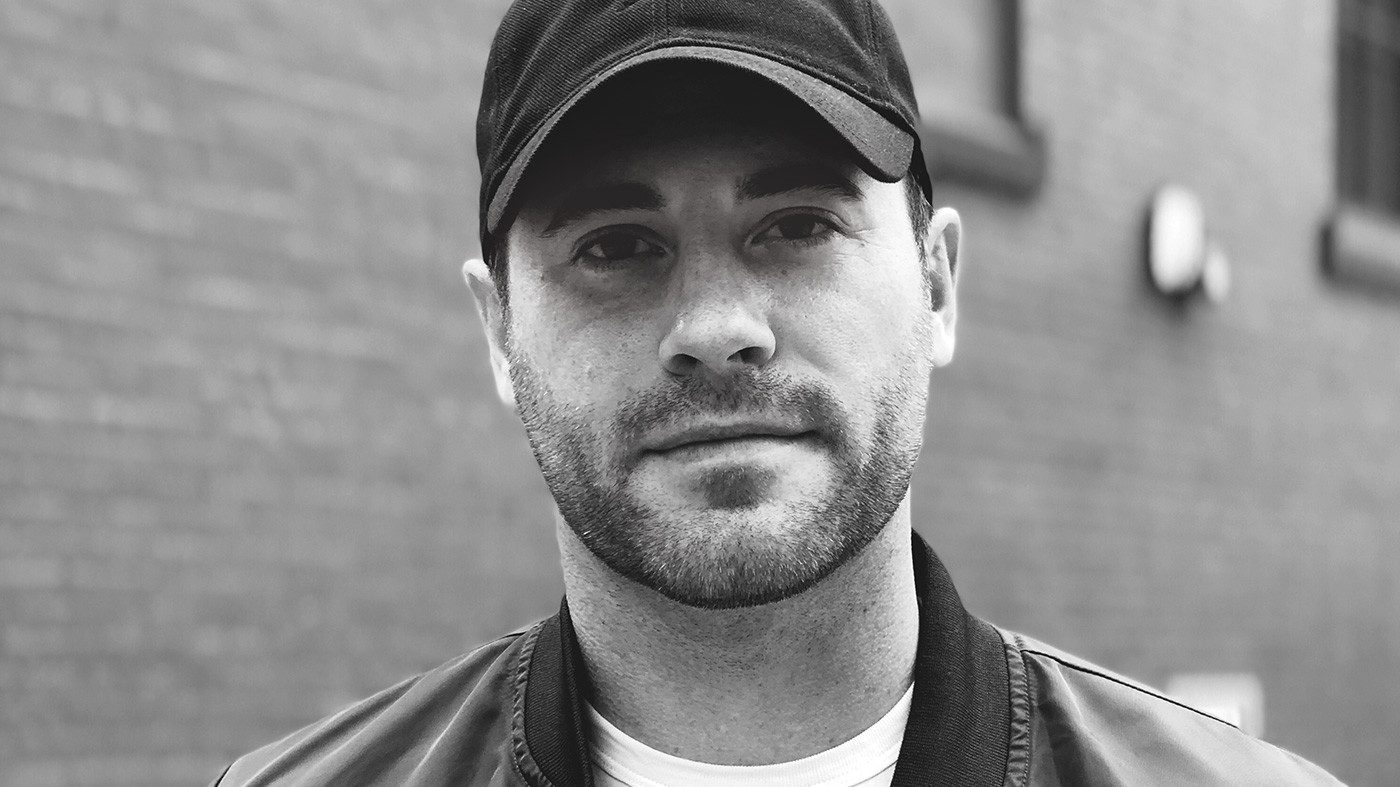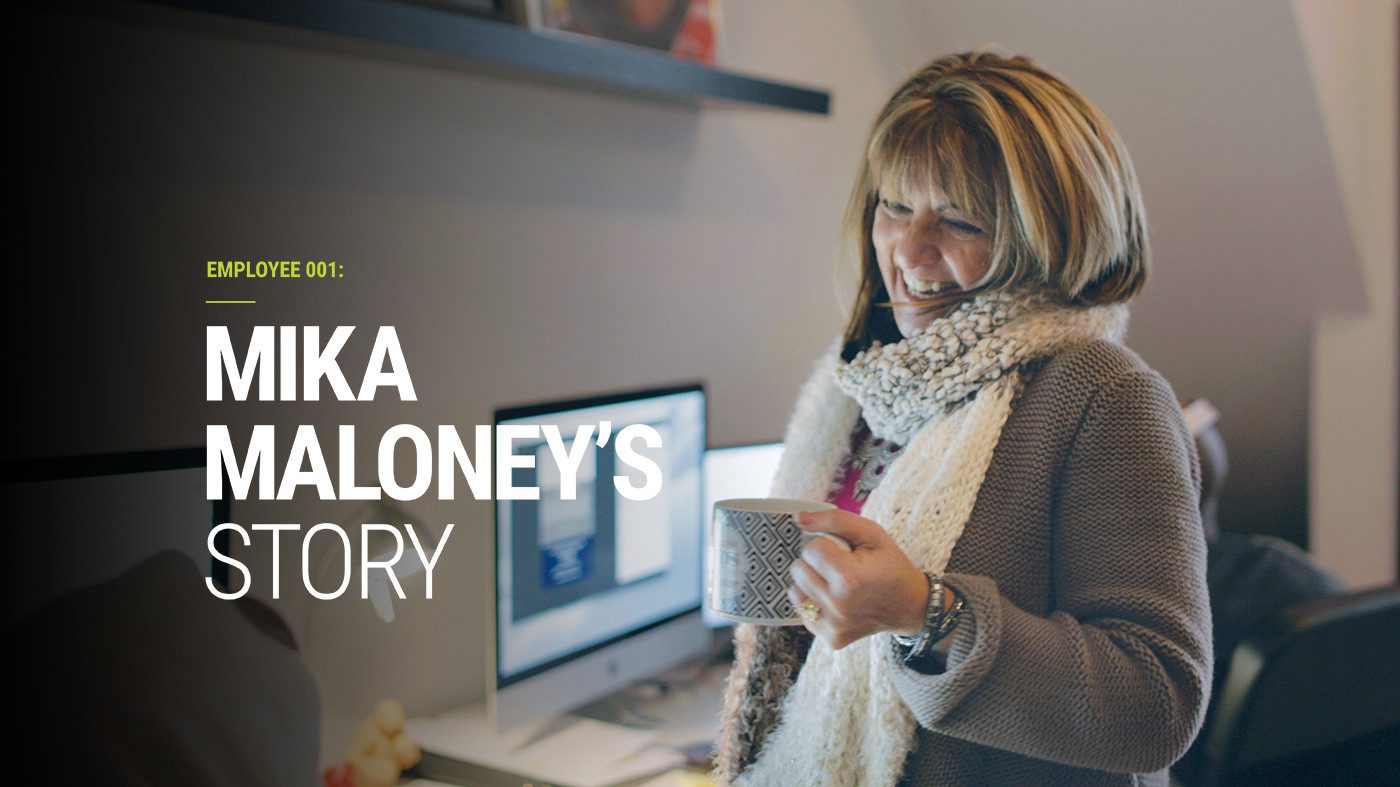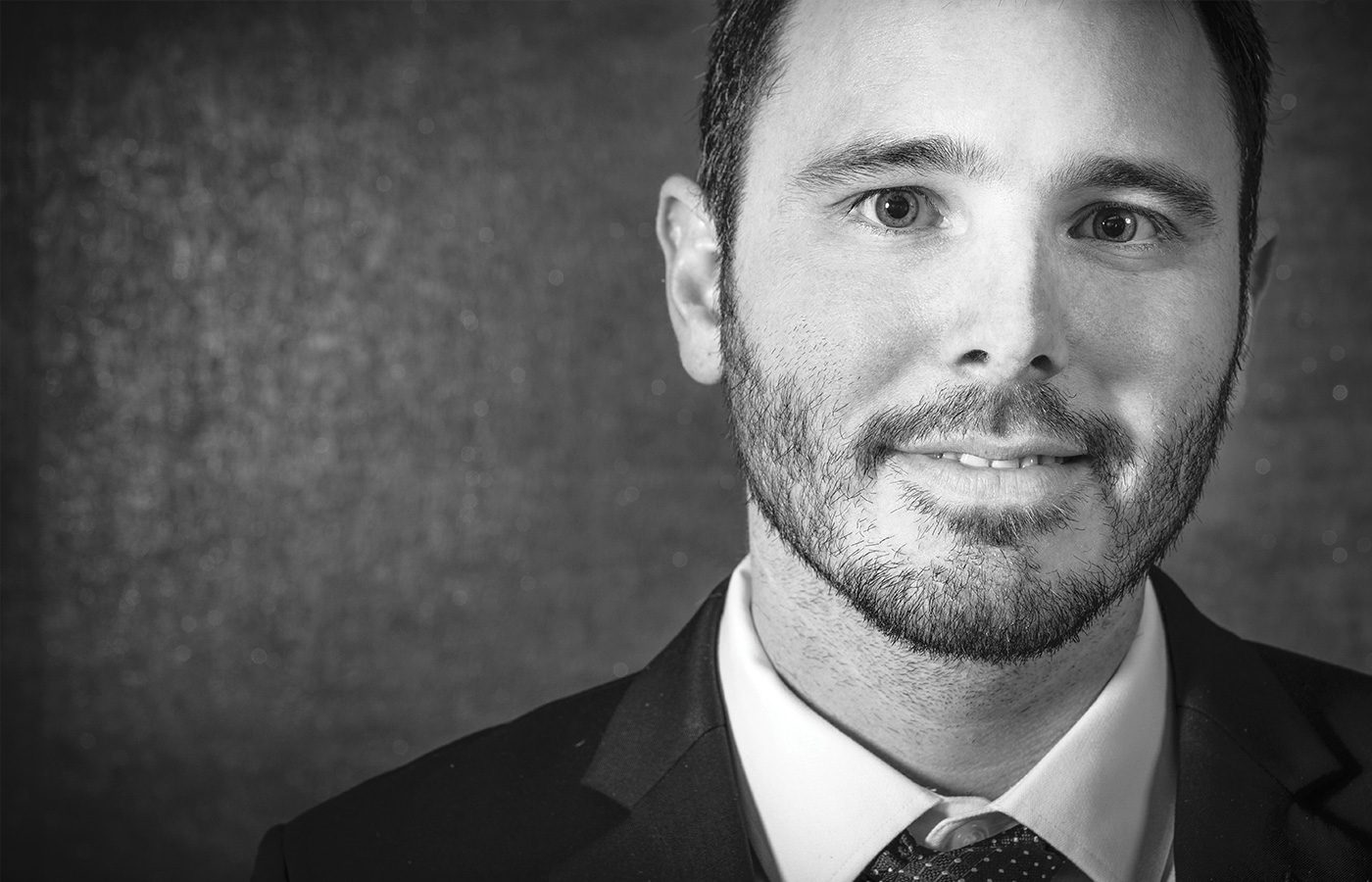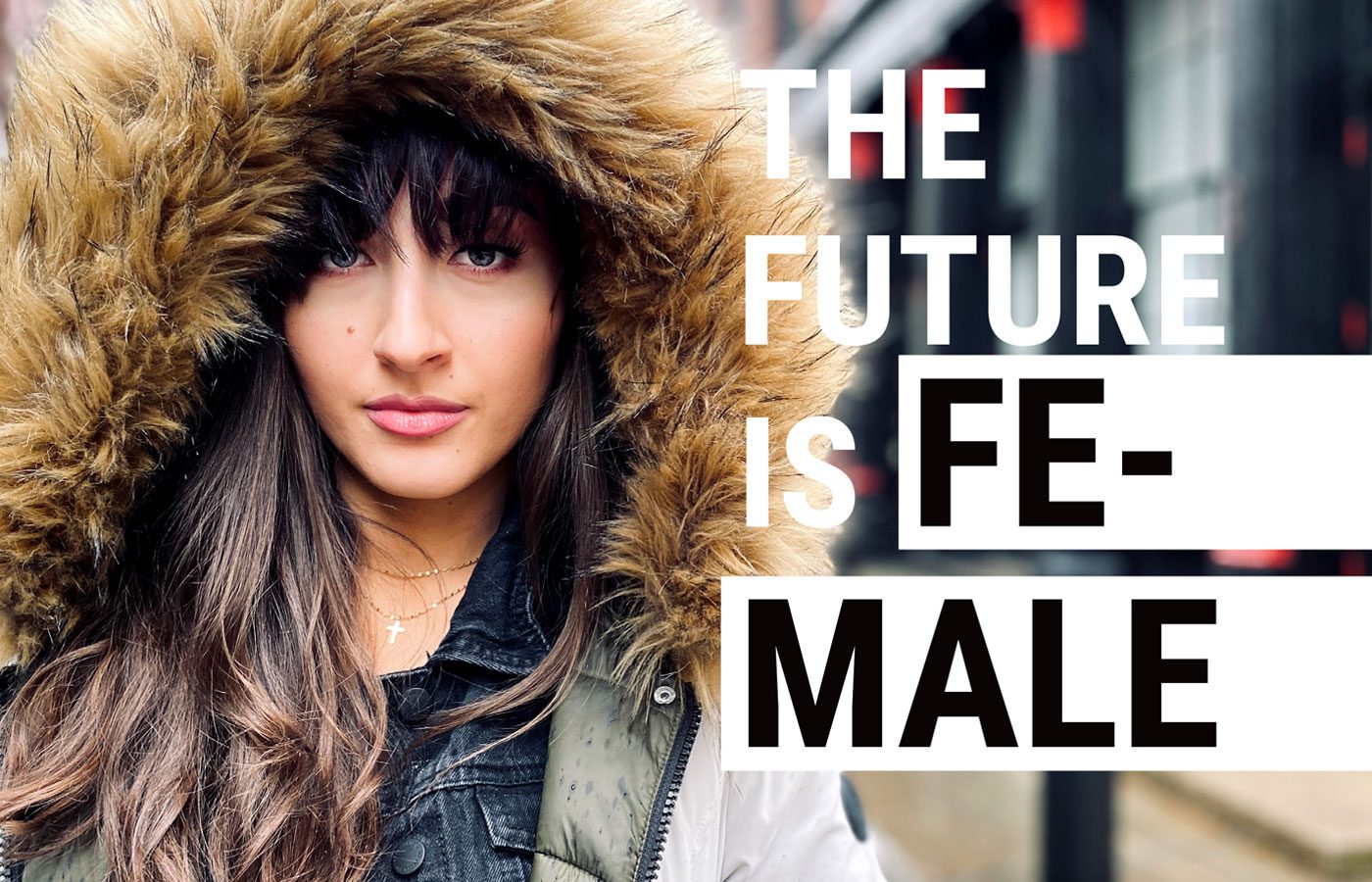Chopping It Up: An Editor's Take
BY IAN SCHOBEL
In this lovely era of overt personality commodification in both mainstream and subversive cultural circles, we’ve insisted on merging the artist and their art, demanding voyeuristic insight into their lives. So, where does the editor fall in this landscape? The one who is often considered best when their presence is unnoticed, disconnected from your viewing experience, an afterthought that returns in the credits. When you finish watching your program and you’re simmering in the aftermath of a truly powerful experience we often take for granted or which gets muddled in the thousand other hours of on demand entertainment, that stupor is the result of one or many people watching this footage for weeks, even months. Yes, I am a thick cog in the machine. A puppeteer of nuance. I contort our productions to make you feel how I choose. They call me a lot of things, most of which I disagree with. They also call me editor.
I was born in the 90s. Aspiring editors born prior know that there was an implicit understanding you submit to when deciding upon this profession: tucked in a damp, dark corner, light will not reach your place of work; you must become familiar with darkness and isolation, your screen’s synthetic light the only illuminator. Your place on the totem is integral, but not meant for glory. “We’ll fix it in post,” they say. Perhaps a bowl of food will be intermittently lowered to your desk via rope. This is mostly false in my experience. The head honchos at JTWO are the collaborative sort and pretty good at treating their employees like humans with rights, not a perverse assembly line– there’s a wall of windows, running water, unlimited bathroom breaks, a fridge, coffee and dogs that sometimes let you smush their fluffy heads.
Of course, it doesn’t take a career in production to appreciate an edit. The fourth wall can break any time, for anyone. In the case of the editor, though, after 10 hours cutting, slipping and trimming, they tend to encounter two paths: lose all joy in watching screens, and seek shelter from all types of pulsating electromagnetic waves, or become hungry for more– just a good piece of production, maybe an analytical experience, noticing the cuts, learning movements that shape motifs, ideas that will resurface when you return to your footage.
In commercial film production, the editor is adaptable, and hops from a quick and dirty chop job to a mini doc worthy of festival submission, sometimes in the same day. Editors must operate on instinct within constraints (usually client-defined). Sure, you place a clip next to a clip, next to a clip, and you are editor. But wait– did you check that your codecs and frame rates match your sequence settings? Are you exporting for broadcast? Or simply web? Beyond the creative aspects, the tiny technical details are easy to overlook, but supremely important.
"BEYOND THE CREATIVE ASPECTS, THE TINY TECHNICAL DETAILS ARE EASY TO OVERLOOK, BUT SUPREMELY IMPORTANT."
"BEYOND THE CREATIVE ASPECTS, THE TINY TECHNICAL DETAILS ARE EASY TO OVERLOOK, BUT SUPREMELY IMPORTANT."
I became an editor to learn while I create– about the stories I am entrusted with as much as individual craft. It is true that we do not see anything as it is except through the questions we put to it, and under the hood of a commercial film production machine, I don’t ask the same questions with each project. Before diving into the footage for a new spot, there’s a quiet moment where I recognize here is another opportunity to make something new, beautiful, or experimental, to break new personal groundal ground, to rip through the expectations of whoever will watch it. And I’ll let the art speak for itself.
NOTES FROM OUR FOUNDERS: Travis
THANK YOU
Travis Capacete, Principal Business Director
Like Justin, my teenage years consisted of making short videos with close friends. I remember only spending my money on cameras, computers, hard drives and software with one goal in mind – to be an editor. Ultimately, that goal came true when we started JTWO. However, my role has changed quite a bit since then.
The early days of JTWO consisted of waking up, grinding coffee beans, sitting down next to Justin and working on whatever the hell we sold that day/week/month. We would wear many hats back then. Justin on Camera, me on sound. Then we would come back home to our “studio” (aka our house) and we would dive into the edit. We went on for years like that and I loved every second of it.
However, we always wanted something bigger. We wanted to create a place/ environment in which everyone loves coming to work every single day, not just employees and clients but friends and family too. It’s been a challenge, but I believe we’ve accomplished this over the past ten years and I can’t thank everyone enough who’s been a part of helping to make that possible.
Up Next: Maria Cantu
UP NEXT
Q&A
Director Maria Cantu
Our newest Director, Maria Cantu, might just be our best yet (sorry, Justin)! A product of our [INC]ubator Project, Maria has burst onto the scene in the past twelve months directing and editing projects for brands and clients and the results have been nothing short of spectacular.
We sat down for a quick Q&A to see what makes her tick.
You recently won a Best in Show ADDY Award for your work on your short film, Barre None, what did that mean to you?
I had never been more proud than when Barre None won this award. I was so happy to be able to bring home the gold to my team, who I was so grateful to for helping me make this as beautiful as it is. The entire process of creating this video is something that I’ll cherish forever.
How did you end up at JTWO?
I needed to do a fake internship application for an assignment at Temple, so I looked up “Philadelphia film companies” on Google. Thirteen companies into my search, I clicked on “JTWO Films.” After a minute on the website I was thinking how cool it would be to work with them, and once I saw the pictures of puppies, I was sold. So, I decided to actually send in my application. It was the first and only internship I ever applied for… I never left.
Barre None
Directed by Maria Cantu
The [INC]ubator Project
In her short documentary, Maria tells the captivating and beautiful story of a young ballerina who is able to push through the harsh realities and overbearing pressures of the dancing world with unconditional love for the art.
What’s it been like jumping into the JTWO family and learning how to work with the team so quickly?
I think it was the best way for me to learn was to just get right into it. At first I was definitely out of my comfort zone in terms of the work process and knowledge of the film industry (my training is in news production), but I felt completely at home when it came to the atmosphere and the people here, which gave me the confidence to be creative in new ways.
What types of projects are your favorite to work on? Or gives you the most fulfillment?
Without hesitation, my favorite projects are the heartfelt stories with a positive message in the end. There’s so much work that goes into creating a video, so it always makes me feel good when I know my time is going to something that will put some love back into the world.
"...IT ALWAYS MAKES ME FEEL GOOD WHEN I KNOW MY TIME IS GOING TO SOMETHING THAT WILL PUT SOME LOVE BACK INTO THE WORLD."
You have to fly out to a remote country to do a project. Who’s your crew?
I’m taking the whole family. Everyone here is great at different things and all of our heads together would make a project the best it could be.
Thoughts on dogs?
Nose juice. Frito feet. Sandpaper paws. Droopy Jowls. Sploot. … Look it up.
How do you see yourself as a female director/editor in a male-dominated field?
Honestly, it’s not something I notice on a daily basis, but this is only my first year in the business. As I look toward achieving success in the industry, a male-dominated field doesn’t intimidate me in the slightest. My work speaks for itself. Also, the guys here have supported me, believed in me and empowered me from the very start, which has made me feel like I can do anything. Remember this ladies, “The man is the head, but the woman is the neck. And she can turn the head any way she wants.” – My Big Fat Greek Wedding
You were born in the [INC]ubator Project and now spearhead entire projects. What do you make of your trajectory? And where do you go from here?
The only place to go is forward.

